Matthijs de Bruijne is an artist. His artistic practices are tied to his political involvement and, in recent years, in collaborations with unions and other labour organisations. In 2010 he was invited by the Dutch Union of Cleaners to work as an artist, helping this workers’ organisation to visualise their message clearly and to strenghten their identity as part of the working class in the Netherlands. Since 2019, he has been creating an archive of this Union that will become part of the International Institute of Social History in Amsterdam.
Fernanda Carvajal is a sociologist with an MA in Communications and a PhD in Social Sciences from the University of Buenos Aires. She is currently a post-doctoral researcher at IIGG-CONICET. Her specialisation intersects art, sexuality and politics in the Southern Cone from the 1970s onwards, and in 2009 she joined the Red Conceptualismos del Sur. She is part of the curatorship team of Losing the Human Form. A Seismic Image of the 1980s in Latin America (Madrid 2012, Lima 2014, Buenos Aires 2014), and belongs to the group Micropolíticas de la desobediencia sexual en el arte and works with Alejandro de la Fuente in putting together Archivo Yeguas del Apocalipsis.
Abertura Vaginal Collective is made up of artists Adriana F. Luque and Eva F. Luque. Since 2011, they have worked on the audiovisual documentation of the feminist movement in Spain, focusing on the political activity of independent (trans)feminist collectives from different places across the country. This “Archive Under Construction” explores the complex identity of the feminist movement, depleted by a censored memory and a media-imposed imaginary.
Moira Cristiá is a professor of History at the National University of Rosario, and holds an MA and PhD in History and Civilisations from l’École des Hautes Études en Sciences Sociales, Paris. She also works as a CONICET researcher in the Gino Germani Research Institute (University of Buenos Aires), where she is part of the Study Group on Art, Culture and Politics in Recent Argentinian History. She is a member of the Red Conceptualismos del Sur and currently coordinates its archive node.
Archivos Comunes is a project in which different people linked to social centres or citizen management spaces in Madrid participate, seeking to reflect the diversity of experiences around the community self-management of space and territory that has emerged in the city over the past few decades.
Luis Elorriaga is an artist, actor and activist. He participates with different self-managed collectives, for instance La Ternura and Esta es una plaza, and is part of the Network of Archives of Independent Spaces in Madrid Since the 1980s.
Lurdes Fernández is a mediator and cultural promotor who has developed two self-managed projects in Madrid to visualise and research contemporary reality: Garage Pemasa and Off Limits. She is part of the Network of Archives of Independent Spaces in Madrid Since the 1980s.
Alessandro Gagliardo is a film-maker and archivist. In 2005 he founded Malastradafilm, and since 2014 has developed the project cubotto.org, installing a network of independent servers in Italy. He is currently directing the film Gli ultimi giorni dell’umanità, assembled from the personal archive of critic and thinker Enrico Ghezzi.
Ingrid Guardiola is a lecturer, film-maker, essayist and cultural producer. She holds a PhD in Humanities from the Universitat Pompeu Fabra (UPF) and has lectured in a number of Catalonia universities, where she has also conducted research on subjects related to gender, inequality and technology, inside the framework of culture and audiovisual practice. Within this sphere, she is involved in developing the project La dimensión poco conocida: pioneras del cine, which aims to research and disseminate the history of women film-makers.
Sol Henaro is a researcher and curator. She has curated exhibitions in the Museo de Arte Moderno (Mexico City) and Museo Universitario de Arte Contemporáneo (MUAC, Mexico City), among others. Since 2010 she has been part of the Red Conceptualismos del Sur, and from 2011 to the middle of 2015 she curated the art archive at MUAC, where she currently works as curator of Documentary Archive and is in charge of the Arkheia Documentation Centre.
Vladan Joler is an artist and activist. He is director of the Share Foundation and a professor at the Novi Sad University, in Serbia. He is leading SHARE Lab, a research and data investigation lab for exploring different technical and social aspects of algorithmic transparency, digital labour exploitation, invisible infrastructures, black boxes, and many other contemporary phenomena on the intersection between technology and society.
Kristine Khouri is a researcher and independent curator who lives in Beirut, Lebanon. Her research focuses on the history of the circulation and infrastructure of arts in the Arab world, and on practices of archive and dissemination.
Magda Lipska is a curator at the Museum of Modern Art in Warsaw. She studied Cultural Sciences at the University of Warsaw and Humboldt University in Berlin, and Contemporary Art Theory at Goldsmiths College, University of London. Her recent curatorial projects include: Hope is of a Different Colour (2019, forthcoming), Niepodległe: Women, Independence and National Discourse (2018), Danwen Xing. A Personal Diary (2017), Lest the Two Seas Meet (2015). She is also a cofounder, together with Annett Busch and Marie-Hélène Gutberlet, of “Women on Aeroplanes”, a research platform tracing the political and artistic under-representation of women in the African liberation movements.
Javiera Manzi is a sociologist and archivist at the University of Chile, and an independent researcher, curator, teacher and feminist activist. Her research specialises in subjects that intersect art and politics and memory and visual culture from social movements. She is currently researching the exiled muralist brigades and is putting together a book on female cultural coordinators in 1970s and 1980s Chile.
Network of Archives of Independent Spaces in Madrid Since the 1980s is a collective initiative developed over the past two years by a group of artists, activists and researchers, with the support of the Museo Reina Sofía Documentation Centre and Intermediae (Matadero Madrid). It sets out to associate different archives, conserving them and making them available for public consultation, in addition to promoting research policies and common activations around the independent scene of artistic production in Madrid from the 1980s to the present day.
Clemente Padín is a poet, artist, graphic designer, performer, video, multimedia and net artist, theorist and teacher. Since the mid-1960s, he has worked intensively to produce and promote experimental art in all its facets, most notably as a visual poet and performer. His archive is part of the General Archive of UDELAR, Montevideo (Uruguay), and is available to researchers and students.
Pantxo Ramas is a researcher and activist. His research focuses on the relationship between society and governance, specifically on the institutional role of social movements and the rise of critical practices in public institutions, and the fields of healthcare, care, culture and the arts. He is a member of the research collective Entrar Afuera, from which he has researched institutional transformations in the city of Trieste.
Flavia Rando is an art historian and a member of the Lesbian Herstory Archives, New York. She has taught Gender and LGTBIQ Studies for over 25 years in different universities, including Brooklyn College. Rando is a long-time lesbian activist who was part of Radicalesbians and the Gay Liberation Front. In 2011 she was one of the founders of the Lesbian Studies Institute, where she has worked as a professor ever since.
Judith Revel is a philosopher, Italianist and translator. She is a specialist in Michel Foucault and contemporary political philosophy and has directed the research project Discipliner l’Archive? (2016–2018), in collaboration with the programme LabEx: Les passés dans le Présent.
Philip Rizk is an artist and film-maker who read Philosophy and Anthropology. He is a member of the activist collective Mosireen, which surfaced to document and communicate images from the Egyptian revolution in 2011. Between 2011 and 2014, the group produced and published over 250 videos online, focusing on street politics, state violence and labour rights.
Sezin Romi is the Senior Librarian and Archivist at SALT (Istanbul and Ankara,Turkey). She has worked on and managed several archive and research projects including artist archives, exhibition archives, institution and biennial archives at SALT Research, which comprises a specialized library and an archive of physical and digital sources and documents on visual practices, the built environment, social life and economic history. She was also involved in the research and visualization of SALT’s research projects It was a time of conversation (2012-2013), From England with Love, İsmail Saray (2014-2015) and Idealist School, Productive Studio (2018-2019) exhibitions. Having collaborated in the research processes of SALT’s various e-publications, Romi is the co-editor of İsmail Saray (2018) publication.
Ana Sánchez is a researcher. From a perspective of militant commitment, she traces political experiences, reflecting on the current forms of resistance to neoliberalism, creation and the mix of open languages, spaces and plots for the commons. Her political and personal interests are linked to urban resistance, experiences of self-organisation, self-management and social economy, in addition to feminist struggles and gazes. Her political experience is primarily rooted in struggles over the past two decades in Madrid's Lavapiés neighbourhood, and she is currently conducting research into the memory of the Centro Social El Laboratorio, a self-managed project which took place in Lavapiés from 1997 to 2003.
Carolina Santamarina is Responsible of the Digital Library project at the Museo Reina Sofía and is a member of the Archive, Library and Museum Assistants State Service. She previously worked in the Archivo Histórico Nacional, where she was part of the Digital Library project.
Luiz Augusto Teixeira de Freitas is a lawyer, contemporary art collector and founding member of the lawyer group Teixeira de Freitas, Rodrigues e Associados. Over the past two decades he has formed, with his wife Maria Beatriz Quintella (who passed away in 2013), an extensive collection that is disseminated through exhibitions and loans to institutions.
Joaquín Vázquez is a cultural producer and the founder, in 1988, with artist Miguel Benlloch, of BNV Producciones. In the 1970s and 1980s, he was a member of the Communist Movement and a proponent of the creation of the Homosexual Liberation Front of Andalusia (FLHA). From 2001 to 2015, he coordinated and produced the programme UNIA arteypensamiento at the University of Andalusia, and in 2006 he was involved in forming the Platform of Reflection on Cultural Policies (PRPC). He currently coordinates, along with Mar Villaespesa, the Miguel Benlloch Archive.
Daniel Villegas is a professor, researcher at the School of Architecture, Engineering and Design from Madrid’s Universidad Europea and artist. He has worked in the collective Fast Food and collaborates on the project ABM Confecciones. He is also a member of the Network of Archives of Independent Spaces in Madrid Since the 1980s.
Lana Zdravković is researcher, publicist, political activist, producer and performer (not necessarily in that order). She has a PhD in philosophy and graduated in comparative literature and sociology of culture. In her work she nurtures synergies between theoretical, activist and artistic approach to research of: politics of emancipation, thought-practice of the militant subject, radical equality, political/engaged/critical art.
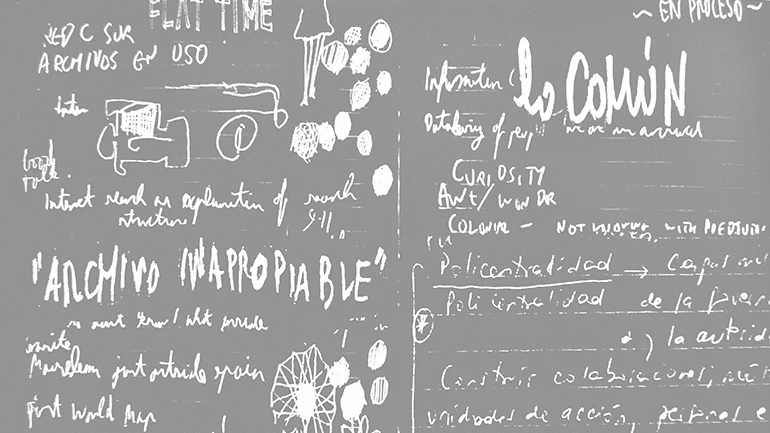
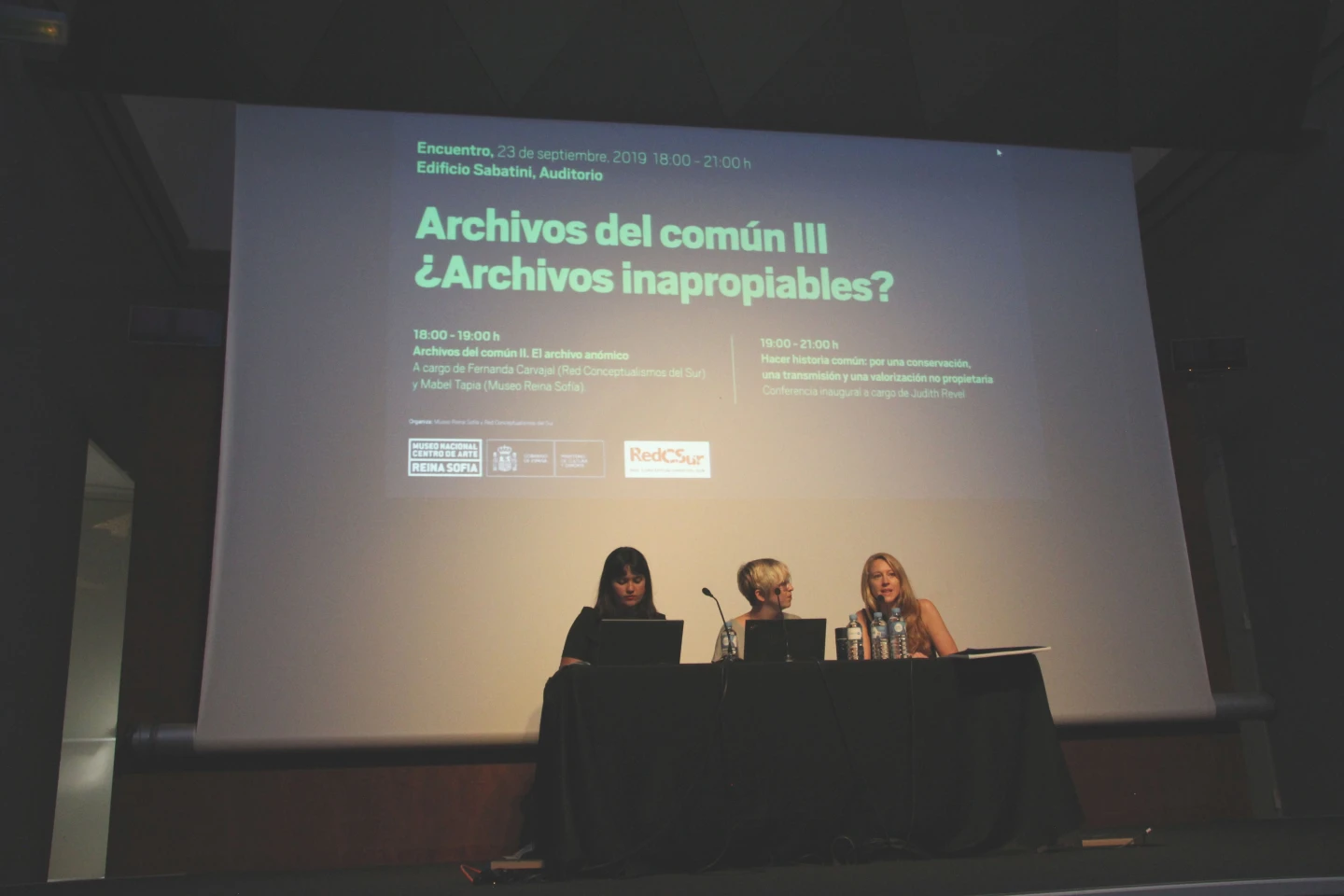

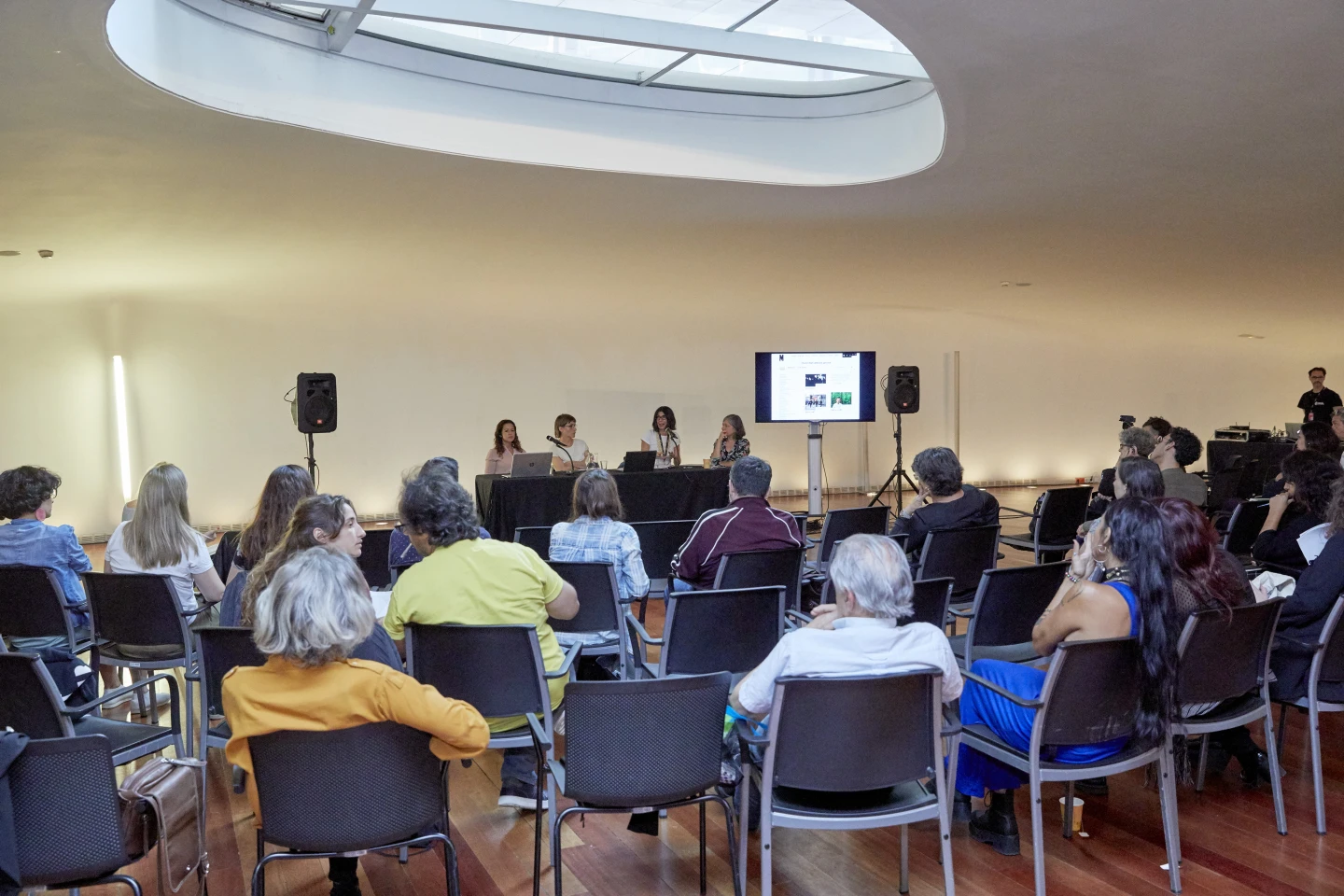
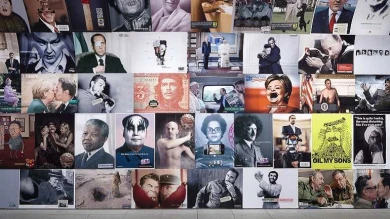
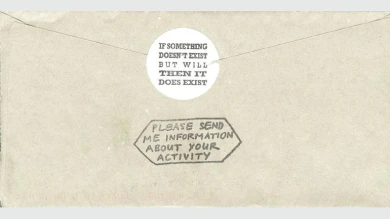
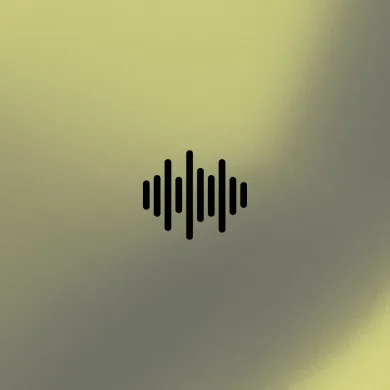
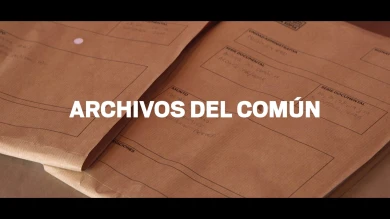
![Tracey Rose, The Black Sun Black Star and Moon [La luna estrella negro y negro sol], 2014.](https://recursos.museoreinasofia.es/styles/small_landscape/public/Obra/AD07091_2.jpg.webp)



